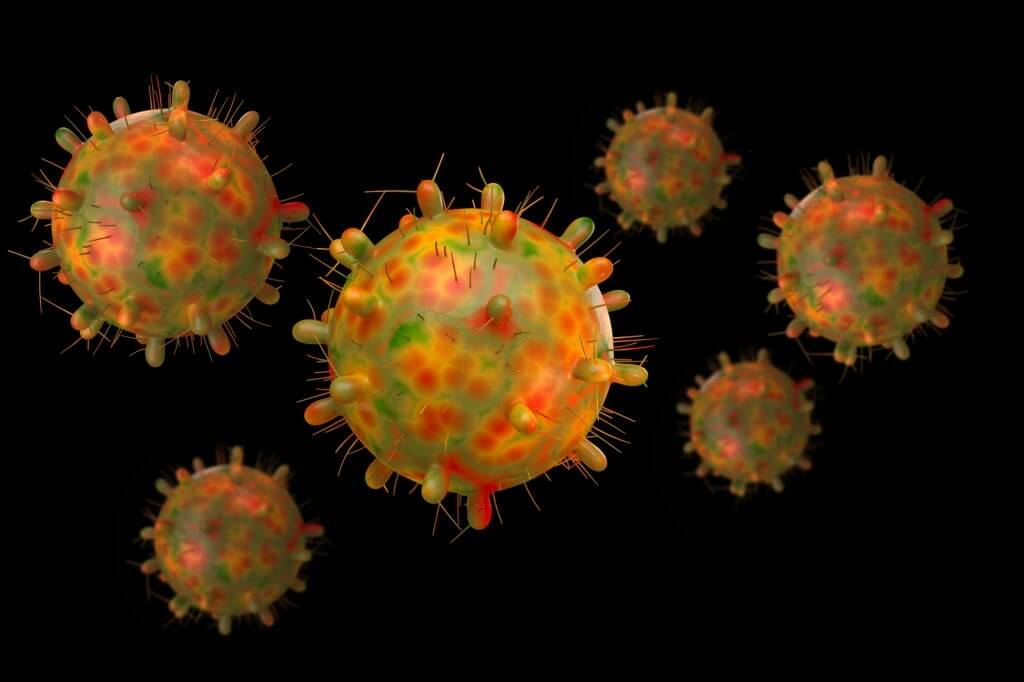Following A Sluggish Start, The Demand For COVID Monoclonal Antibodies Therapy Has Exploded
Nikki Attkisson | Last Updated : August 27, 2021This year, the medicines that Donald Trump, the ex-President, praised with his rapid recovery from coronavirus have remained on government shelves unused for most of the year. A typical week in June saw just ten individuals in the whole Houston metropolitan area get monoclonal antibodies, despite the fact that the entire country was infected.
Following A Sluggish Start, The Demand For COVID Monoclonal Antibodies Therapy Has Exploded
Demand, on the other hand, is soaring right now. This week, about 1,200 patients in the Houston region will get REGN-COV, the monoclonal antibody manufactured by the Tarrytown, New York-based pharmaceutical firm Regeneron. In the middle of July, Regeneron distributed less than 25,000 dosages each week throughout the country. With current levels of production, the Department of Health and Human Services is delivering about 168,000 doses each week, with approximately 78 percent of orders going to areas of the country with low vaccination rates.

According to the FDA, the market for sotrovimab, a monoclonal antibody approved for treatment against COVID-19, has increased by almost 300 percent in the last month alone. The increase of COVID-19 cases, increased public knowledge of the medicines, and physicians’ positive experiences with the treatments earlier in the pandemic, according to Huang, are all contributing factors to the current trend. Despite this, Dr. Anthony Fauci, presidential advisor, said at a press conference at the White House on Tuesday that more individuals might benefit from them. When it comes to the battle against COVID-19, he believes monoclonal antibodies are “a significantly underused intervention,” and he wants people to “realize the benefit of this very successful method of treating early infection.”
According to the Department of Health and Human Services, less than half of the dosages reimbursed by the federal government have indeed been used thus far. He claims that monoclonal antibodies that are created by cloning immune cells that were proven to be effective against COVID-19 may decrease the risk of hospitalization or death by at least 70 percent in patients who get the virus. However, they must be administered early in the course of the illness, preferably within 3 to 5 days of diagnosis or the onset of the first symptoms, according to Huang. At that point, the virus is rapidly growing in the body, and deploying an arsenal of antibodies against it may make the most significant impact in terms of outcome.
People aged 12 and older who are at high risk of contracting a severe COVID-19 infection should be administered the antibodies. The term “pregnant” refers to anyone who is over the age of 65 and has a suppressed immune system as a result of disease or medication. It also includes people with conditions such as sickle cell disease, cerebral palsy, cardiovascular disease, chronic renal or lung disease, or who’ve had a tracheostomy or gastrostomy. Additionally, REGN-COV has been approved for treatment in individuals who were exposed to COVID-19 if they’ve not yet tested positive for the coronavirus, such as a high-risk individual whose spouse is sick or a resident of a nursing home or jail where there has been an epidemic.
According to Dr. Daniel Griffin, head of the division of infectious illness, a New York-based healthcare provider, despite the increase in monoclonal antibody usage, “we are still only reaching around 20 percent of the individuals who might benefit.” In spite of their apparent efficacy, monoclonals did not appear to get the attention they deserved in the media. There is a slew of news stories coming in right now. Texas Gov. Gregg Abbott, who was recently diagnosed with COVID-19 despite having been vaccinated, revealed last week that he had been treated with monoclonal antibodies developed by Regeneron.
With the opening of treatment centers throughout the state, Florida Gov. Ron DeSantis praised the program.
With over 15 years as a practicing journalist, Nikki Attkisson found herself at Powdersville Post now after working at several other publications. She is an award-winning journalist with an entrepreneurial spirit and worked as a journalist covering technology, innovation, environmental issues, politics, health etc. Nikki Attkisson has also worked on product development, content strategy, and editorial management for numerous media companies. She began her career at local news stations and worked as a reporter in national newspapers.
